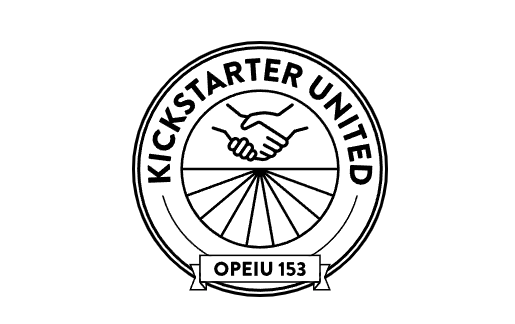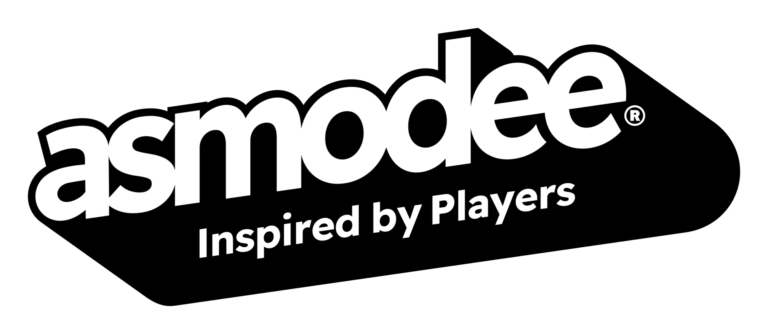
Kickstarter workers set to strike tomorrow over minimum salary proposals, four-day work week protection
Crowdfunding giant Kickstarter is facing a worker strike tomorrow after months of talks with union members stalled over proposals for a minimum salary and protections for its long-running four-day work week programme.
Workers will begin the strike at 8am on October 2, after 85% of the Kickstarter United union voted to authorise the industrial action unless a contract agreement can be reached in the interim.
Kickstarter employees were among the first workers at a major US tech company to form a union when they created Kickstarter United in 2020, and the organisation ratified its first collective bargaining agreement in the summer of 2022.
That agreement, which covers 59 community support specialists, trust and safety analysts, marketing professionals, software engineers, and other tech workers, expired on July 13 this year, and since April the Kickstarter United bargaining committee has been attempting to reach a tentative agreement with the company’s management.
The union said those negotiations had slowed after Kickstarter rejected every proposal for a minimum salary, as well as insisting on retaining the right to return to a five-day, 40-hour workweek.
Kickstarter has been operating a 32-hour, four-day work week since introducing a pilot scheme in April 2022 – but Kickstarter United says management wants to retain the right to both temporarily and permanently alter work schedules back to 40 hours across five days.
A statement from Kickstarter United, which is part of the OPEIU LOCAL 153 union, said, “The current four-day workweek allows flexibility for members and it’s the reason many agreed to join Kickstarter in the first place.
“Legislation has also been introduced in the New York State Assembly that would establish a four-day week pilot program.
“The call for a minimum salary of $85,000 corresponds with what is considered Low Income in New York City ($87,100 for 2024).”
An FAQ on the Kickstarter United website adds, “We’ve offered several proposals that allow for the occasional and temporary need to shift schedules, but so far these have all been rejected.
“Management claims that flexibility must extend to the ability to permanently increase our working hours, despite operating successfully on a 4DWW for three years, because they can’t foresee what challenges the business will face.
“They would want us to retain our increased productivity that we gained from the 4DWW, but while working longer hours again, essentially trying to have us do 125% of the work we were doing prior to the 4DWW being implemented, but with no extra pay or time off.”
Hillary Taverna, a senior product manager at Kickstarter, said, “After working across a few companies in the high-pressure, high-stress role that is product management, finding an opening at Kickstarter was like a breath of fresh air.
“Not only was the company a mission-driven public benefit corporation that helped fund creative ideas, but the role here offered groundbreaking benefits like the four-day work week, which was and is still pretty revolutionary in the tech space.
“AND the role was unionized?! I was beyond excited to join Kickstarter, despite a significant pay cut from my prior role. Many of my coworkers and I joined Kickstarter for these exact reasons, and we are hoping beyond hope that leadership will live up to their promise of putting people above profit.”
The union said it is not asking people to boycott the Kickstarter website or withhold support from creators during the strike.
Kickstarter United has raised more than $21,500 so far towards a solidarity fund which will support workers if the strike goes ahead.
A Kickstarter spokesperson told BoardGameWire, “Kickstarter is built on community – both the people who work here and the creators and backers on our platform.
“We’re committed to keeping our community, inside and out, strong and supported. We’ve already reached agreement with the union on most items in the contract and we hope to resolve the last few together and avoid a strike.
“In the meantime, Kickstarter will remain open, fully operational and focused on supporting the creators and backers who rely on us every day.”
Kickstarter has faced increasing competition in the tabletop gaming space over the last couple of years, with the rise of former pledge manager competitor Gamefound as the often go-to platform for large-scale, miniatures heavy tabletop fundraises.
The crowdfunding veteran remained top dog in tabletop last year, with about $220m of project funding compared to Gamefound’s $85m.
That figure for Kickstarter has fallen for three years in a row, however, and is well down on the record $270m the platform recorded in 2021.
Kickstarter’s total dollars raised from January to September this year stood at about $67m according to Tabletop Analytics data – down almost 20% on the same period last year. But the number of projects on the platform across that period has soared 30%, to more than 1,200.
Earlier this year Kickstarter brought in new pledge management and pay-in-installments options amid the increasing competition, acknowledging they were post-campaign tools its “creators have been asking for”.







[…] Kickstarter workers set to strike tomorrow over minimum salary proposals, four-day work week protect… […]
[…] Kickstarter workers set to strike tomorrow over minimum salary proposals, four-day work week protect… […]
[…] A Kickstarter munkavállalóit tömörítő Kickstarter United szakszervezet sztrájkot hirdetett október 2-ra, miután a cég vezetésével folytatott szerződéses tárgyalások megfeneklettek. A szakszervezeti tagok 85%-a megszavazta az ipari akciót, mivel a menedzsment elutasította a minimálbérre vonatkozó javaslatot, és ragaszkodott ahhoz a joghoz, hogy egyoldalúan, bármikor visszaállíthassák a jelenlegi, bevált négy napos, 32 órás munkarendet az öt napos, 40 órás munkahétre. (BoardGameWire) […]
[…] people, who joined specifically because of the mission and values, are now being told their demands are unreasonable. Codifying a four-day workweek is too rigid. […]
[…] of the Kickstarter United union had been striking since October 2 after months of talks with management over a new collective bargaining agreement […]